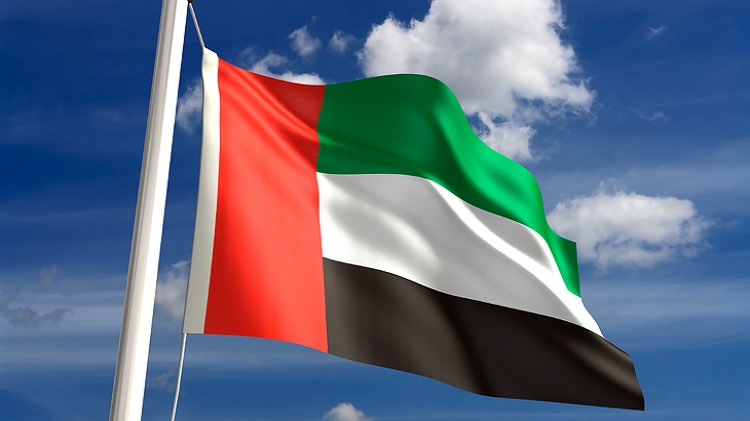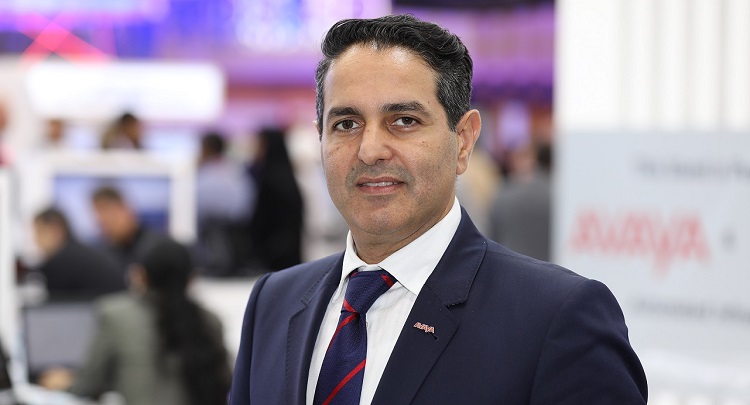MENA region’s leading startup information provider, MAGNiTT recently released its H1 2018 Venture Investment report with key findings on the state of the region’s emerging ecosystem. The key takeaway from the report highlights continued growth in the MENA startup ecosystem with a record number of transactions in the first 6 months of the year, despite a drop in disclosed startup funding.
A few high-level takeaways from their 80-page Venture Report include:
H1 Funding: 2018 saw a record year in number of investments made year to date:
- 141 investments made in H1 2018, which marks a 12% increase on the number of deals for the same 6 month period in 2017
- Total disclosed funding is down 43% to $112m compared to the same period in 2017 when stripping out Careem’s $150m investment in H1 2017
- In the first 6 months of the year, 23% of investments were shared with undisclosed figures, up 6% from H1 2017
For the first time, MAGNiTT, in their H1 Report also included calculations to estimate the funding amounts of undisclosed deals. MAGNiTT used four years of historical data as a basis for these calculations, which highlighted:
- Total funding, including calculations for undisclosed deals, for H1 2018 amounted to $203m, which shows similar levels to H1 2017’s calculation of $206m (excluding Careem’s $150m investment)
- Notable undisclosed deals in 2018 include Mumzworld (Series B), Fadel Partners (Series B) and Armada (Series A) which were included in this calculation
MAGNiTT’s founder, Philip Bahoshy, commented, “We are pleased to launch the H1 Venture Funding report in which we have used new analysis to capture undisclosed funding across the region. This allows for more accurate estimates on the venture funding space as it continues to show signs of development and growth.”
Investment Breakdown: When looking at the geography and industries of startup investment, however, new trends are beginning to emerge. The UAE still maintains its dominance as the most active and largest recipient of startup funding, with other countries beginning to emerge:
- The UAE continues to account for the lion’s share of startup deals (32%) and investment (59%)
- Egypt saw an increase of 12% and KSA a 9% increase in startup funding in H1 2018, emerging into the top 3 countries across.
- E-commerce still remains the most active industry with regards to investment in H1 2018, accounting for 12% of all transactions and 16% of disclosed funding
Bahoshy points to “Governments across the region continue to focus on startup innovation. We have seen regional initiatives like visa regulation changes in the UAE, launch of the new Fund of Funds in Bahrain and changes to foreign ownership structures in KSA as examples to further support Entrepreneurs in the region. While challenges exist, similar to all emerging ecosystems, the public and private sector are working closely together to help solve for many founders pain points.”
VC activity and Exits: 2017 saw the emergence of many new Investment Institutions in the MENA region. H1 2018 has continued to see new market entrants as well as deployment from many of the same protagonists:
- 500 Startups remains the most active venture capital investor, especially at the SEED and PRE-SEED stage, accounting for 10 investments, followed by MEVP with 8 deals and Arzan Capital with 7;
- Moreover, accelerator programs remain a key stakeholder in supporting early-stage startups, with Flat6Labs in Cairo graduating 10 firms, as well as Oasis 500 and Flat6Labs Beirut graduating cohorts of 8 startups each.
- Early stage investment accounted for 84% of all transactions in H1 2018, up 6% from H1 2017, while accounting for 27% of the total funding amount.
Bahoshy commented, “In a record start of the year in terms of transactions, much of this investment had been focused at the Early Stage. Multiple governments have made announcements on the creation of Fund of Funds to help fuel investments across all stages of Startup growth. We are also seeing Corporates play an active role in Corporate Venture Capital activity and much of the MENA regulation is focused on supporting startups and investors connect. All these factors will help the acceleration of the MENA startup ecosystem.”





